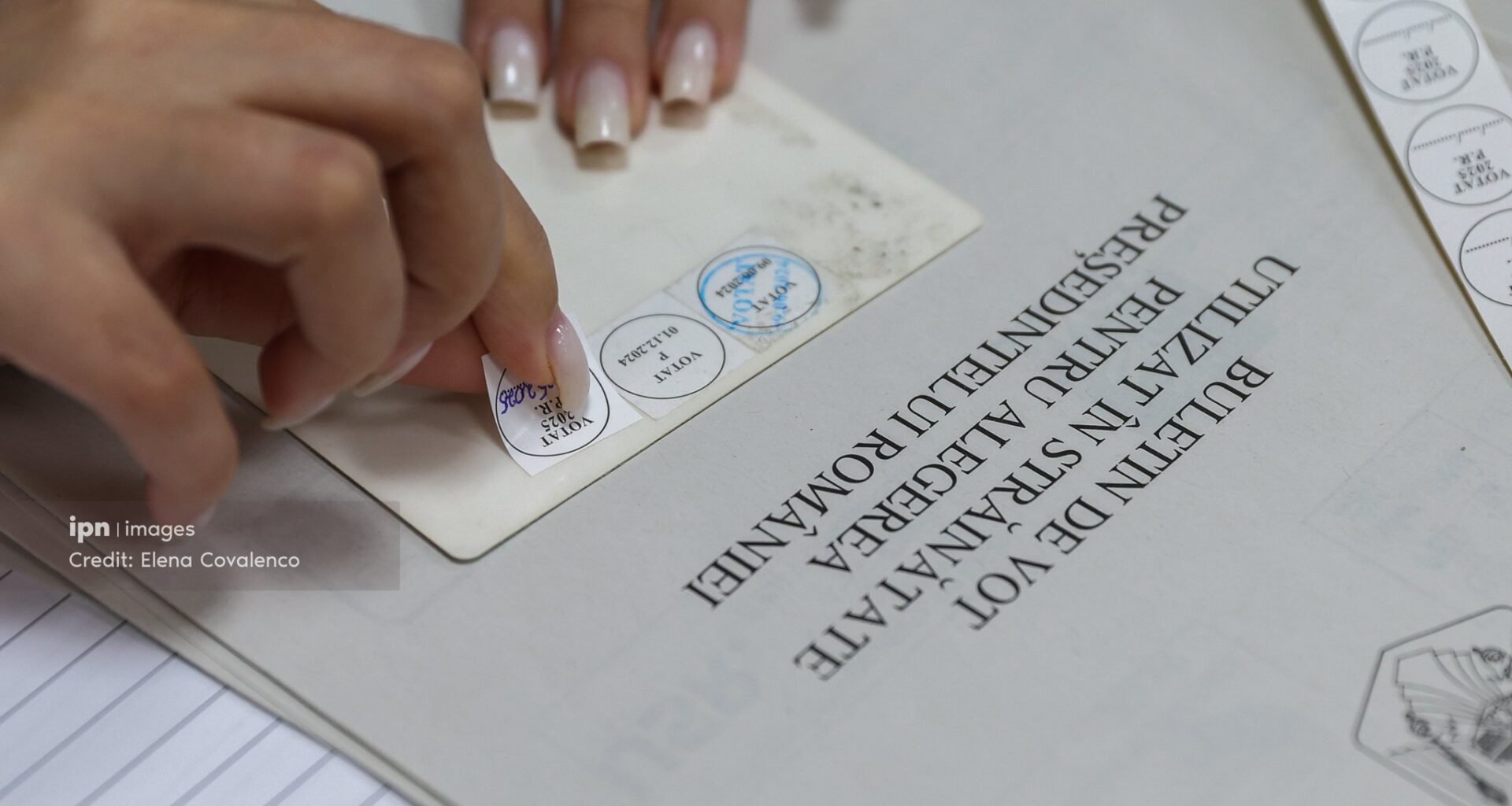Although they are directly involved in vulnerable communities and contribute essentially to the integration of the Roma into school and society, the community mediators in the Republic of Moldova continue to face difficulties in their work. The problems pointed out by them, as well as the possible solutions, were discussed at a meeting organized by the Ministry of Education and Research, together with the Interethnic Relations Agency.
Ivan Duminica, head of the Interethnic Relations Policy Service of Ministry of Education, said that close cooperation between the central authorities, local authorities and civil society is needed. “The Ministry of Education and Research strongly supports the strengthening of the status of these specialists, recognizing the contribution of mediators to increasing the school inclusion of Roma children and enhancing social cohesion in vulnerable communities,” he said.
Currently, 50 community mediators work in 47 localities that are densely populated by Romanies, and another eight positions remain vacant, although the necessary funds for their occupation were already earmarked in the state budget. However, the work of mediators is affected by administrative constraints, logistical shortages and the lack of clear evaluation mechanisms.
Contacted by IPN for a comment, Ivan Duminica said that community mediators are the first link between local public institutions and Roma families. “Their work is affected by multiple structural constraints, such as the lack of clear procedures for working with local authorities, which often leads to the use of mediators in administrative tasks that are not related to the support of Roma communities, contrary to the job description,” he added.
In some cases, the mayor’s offices do not even cover the travel expenses of the mediators, and continuous professional training is lacking. Mediators do not always have an office, access to transport or necessary supplies. Meal vouchers, although they are stipulated in the legislation, are not granted uniformly, said Ivan Duminica.
The lack of an annual activity plan and performance indicators makes it difficult to assess the real impact of their work. In addition, the relationship with local authorities remains ambiguous and communication is often reduced to formal correspondence, without concrete results.
Where local authorities cooperate effectively with mediators, the results are visible, noted Ivan Duminica. In Carpineni commune of Hancesti district, all Roma children are enrolled in kindergarten and school, thanks to the efforts of community mediator Silvia Feraru. In Taraclia, community mediator Ivan Cebotari facilitated access to identity documents, water supply, sewerage and education for Roma families. In Ciocalteni village of Orhei district, community mediator Dumitru Muntean increased the school attendance of Roma children from 60% to 100%.
Another example comes from Mingir commune, where community mediator Valeriu Calararu founded a community center and mobilized people for infrastructure projects, including the rehabilitation of a bridge and landscaping of public areas.
The position of community mediator was established in 2013, but, according to Ivan Duminica, the application of the regulations is uneven. “In many localities, the local public authorities do not fully understand the role and duties of the community mediator. For these reasons, it is essential that the role of community mediators be brought back into public discussion in order to ensure the recognition of their importance in the processes of social and educational inclusion,” stressed the head of the Interethnic Relations Policy Service of the Ministry of Education.
The mediators are employed by the local public authorities and paid from their budgets, with the support of transfers allocated by the Ministry of Finance, at the proposal of the Interethnic Relations Agency. Their salaries vary between 5,000 and 5,600 lei, depending on their level of education and seniority. The Ministry of Education and the Interethnic Relations Agency expressed their commitment to improve the normative framework governing the activity of mediators and to ensure the recognition of their essential role in the community.
